What Does Vitamin B1 Do For Cats?
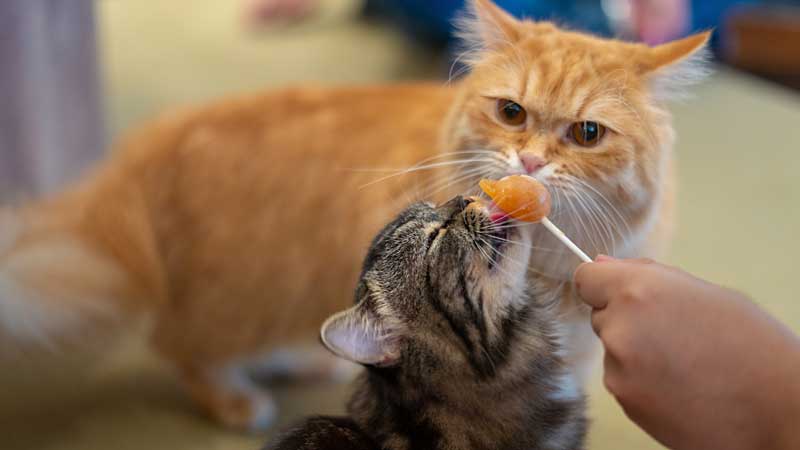
What Is Vitamin B1?
Despite their reputation as individualistic and low-maintenance pets, cats' sophisticated digestive systems require extreme caution. A healthy cat diet is therefore fundamental to a feline's overall wellbeing.
Notably, the component Thiamine is essential for the efficient performance of a cat's organs; thiamine deficit can result in significant health problems or even death. Thiamine, commonly known as vitamin B1, is a water-soluble vitamin that cats require as part of their diet to survive and grow.
Thiamine must always be taken as part of a cat's diet because cats cannot produce it. Foods containing thiamine naturally contain brewer's yeast, beans, beef, pig, milk, liver, nuts, whole grains, enriched flour, and cereals.
What Does Vitamin B1 Do For Cats?
The cat's metabolism requires the support of this vitamin. Although thiamine is abundant in a cat's typical meat diet, it's essential to be cautious about giving your cat too many foods that can have enzymes that work against vitamin B1. This vital nutrient aids energy metabolism throughout your cat's body and is found in the liver, heart, and kidneys.
Thiamine has several roles, including carbohydrates' metabolism, proper development maintenance, nerve signal propagation, and acetylcholine production. Thiamine is quickly converted from its inactive form, thiamine, to its active form, thiamin pyrophosphate (TPP), by a particular enzyme called thiamin diphosphotransferase.
To assist in the breakdown and convert the food your cat eats into usable energy, vitamin B1 interacts with other B vitamins. Your cat can suddenly become lethargic and display several worrying and deadly signs if its levels of vitamin B1 are inadequate.
What Happens When There Is Not Enough Vitamin B1?
The first signs of vitamin B1 deficiency in cats are eating and energy problems since it is a vital nutrient that enables them to digest, metabolize, and absorb energy from carbohydrates. As the illness progresses, the symptoms of vitamin B1 or thiamine shortage in these areas will become more severe because carbohydrate energy is also a major fuel source for the brain and other neurological processes.
Why Is Vitamin B1 Insufficient?
Cats need approximately three times as much vitamin B1 in their dietary meals as dogs do, which emphasizes the significance of the vitamin for our feline companions.
1. Vitamin B1 deficiency in commercial cat foods - The vast majority of current commercial cat food recipes contain sufficient amounts of vitamin B1. However, over the years, there have been a few mentions of name-brand cat meals because of an inaccurate vitamin B1 proportion.
2. Diets involving raw cat food - The primary risk factors for vitamin B1 deficiency may be revealed in diets for cats fed raw or prepared food. Owners sometimes unintentionally fail to offer the proper nutrients or feed their pets undesired human foods.
3. Vitamin B1 and Thiaminase Deficits - Moreover, some varieties of raw fish include the naturally occurring thiaminase enzyme, which can degrade thiamine/vitamin B1.
What Happens When There Is Too Much Vitamin B1?
Thiamine is very safe, and overdosing on too much thiamine is unusual since it is water-soluble. Urination is used to excrete excess amounts. Giving your cat a healthy multivitamin is a good technique for ensuring they get all the vitamins they require in properly balanced quantities.
References
- [1] ^ NASC LIVE: Thiamine Deficiency in Cats
You May Also Like
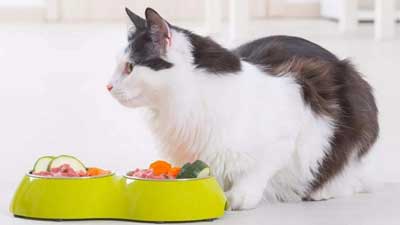 Cat Nutrition & Food10 Kinds of Human Food That Are Good for Cats
Cat Nutrition & Food10 Kinds of Human Food That Are Good for Cats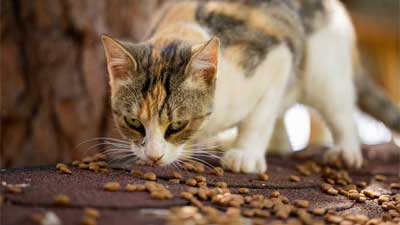 Cat HealthHow To Prevent Thiamine Deficiency In Cats
Cat HealthHow To Prevent Thiamine Deficiency In Cats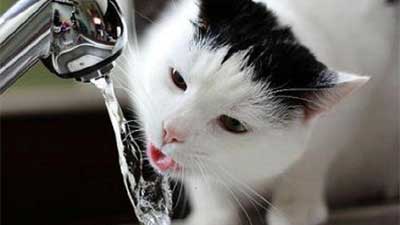 Help & AdviceHow Many Milliliters Of Water Should A Cat Drink A Day?
Help & AdviceHow Many Milliliters Of Water Should A Cat Drink A Day?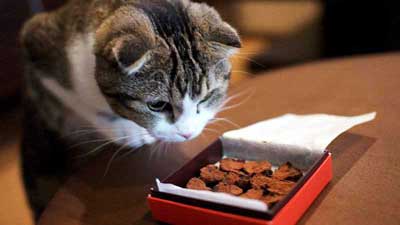 Cat HealthCan Cats Eat Chocolate? The Answer Is An Emphatic "No!"
Cat HealthCan Cats Eat Chocolate? The Answer Is An Emphatic "No!"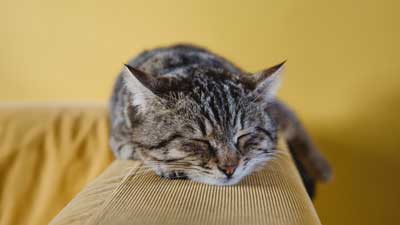 Cat HealthHow Long Do Cats With Feline Idiopathic Cystitis Live?
Cat HealthHow Long Do Cats With Feline Idiopathic Cystitis Live?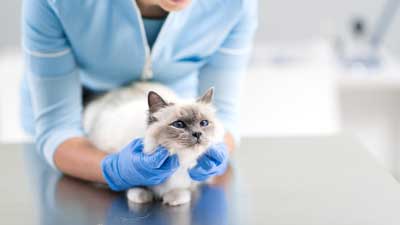 Cat HealthDo Cats Carry The Feline Coronavirus For Life?
Cat HealthDo Cats Carry The Feline Coronavirus For Life?